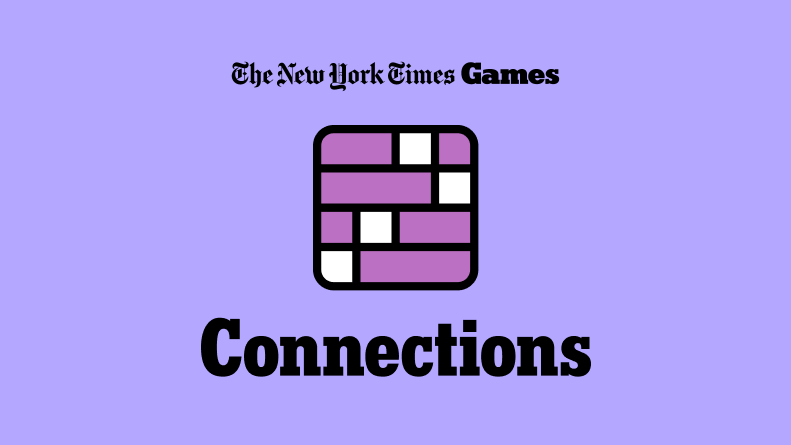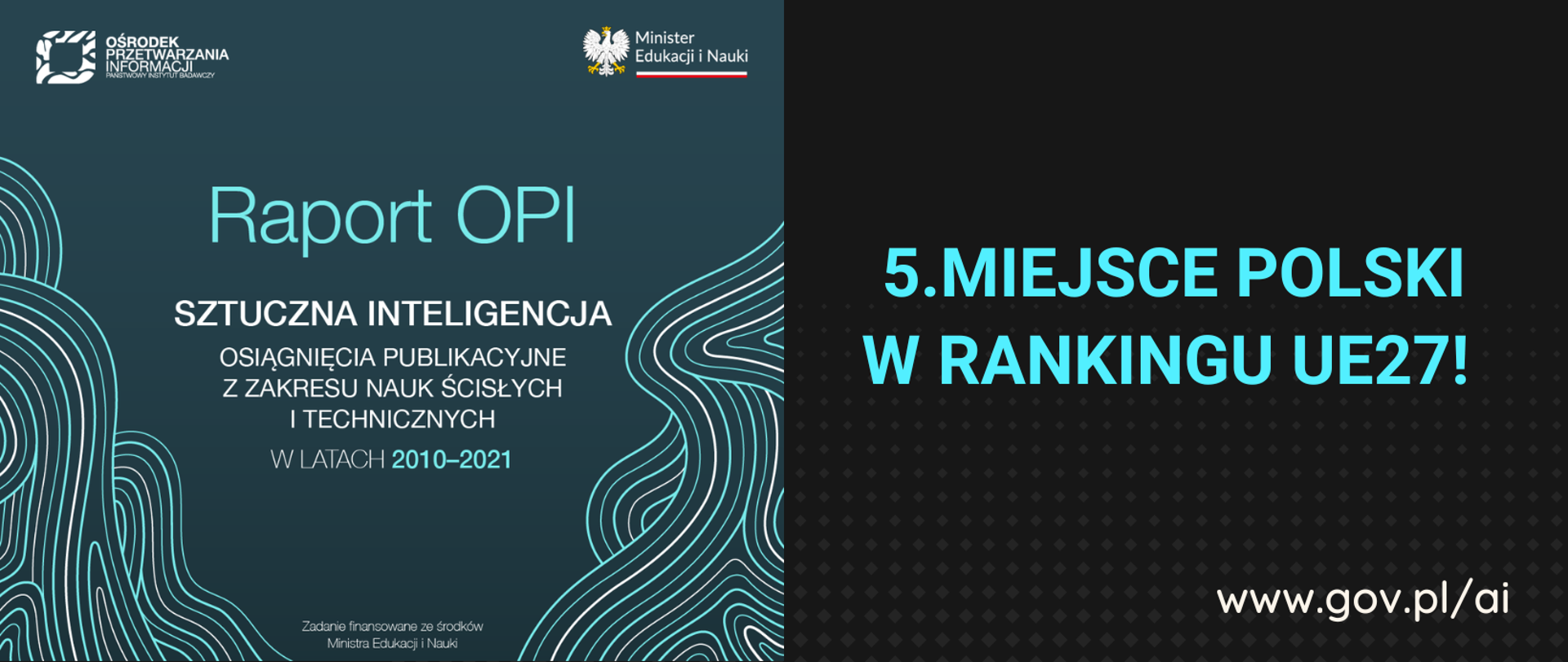The Evolving Landscape Of College Admissions: Standards, Diversity, And The Future Of Higher Education

Table of Contents
Shifting Standards in College Admissions
The traditional college admissions process, heavily reliant on GPA and standardized test scores, is rapidly evolving. A more holistic approach is becoming the norm, acknowledging the limitations of a purely numbers-based assessment.
The Rise of Holistic Review
Colleges are increasingly embracing a "holistic admissions process," moving beyond GPA and test scores to consider a broader range of factors. This comprehensive review considers:
- Extracurricular activities: Demonstrated commitment, leadership roles, and significant achievements in areas of interest.
- Essays: The ability to articulate personal experiences, reflect on challenges, and showcase writing skills.
- Letters of recommendation: Insightful perspectives from teachers, counselors, and mentors who can attest to a student's character and potential.
- Demonstrated interest: Evidence of genuine enthusiasm for the college, such as attending campus events or engaging with faculty.
- Socioeconomic background: Understanding the context of a student's achievements and acknowledging the challenges faced by students from disadvantaged backgrounds.
This shift towards a holistic admissions process emphasizes a more nuanced understanding of each applicant's unique strengths and potential. It's about looking beyond simple metrics to evaluate the "whole student," promoting a more comprehensive review of applicant qualifications.
The Impact of Standardized Testing
The role of standardized tests like the SAT and ACT in college admissions is undergoing significant scrutiny. Many institutions have adopted test-optional or even test-blind policies, recognizing the limitations and biases inherent in these assessments.
- Increased accessibility: Test-optional policies broaden access for students who may not have had the resources or opportunities to perform well on standardized tests.
- Impact on diverse applicant pools: Removing standardized testing requirements can lead to a more diverse student body, as it levels the playing field for students from underrepresented groups.
- The standardized testing debate: The ongoing debate centers on the predictive validity of standardized tests, questioning their ability to accurately measure college readiness and future success.
The changing landscape surrounding SAT scores and ACT scores reflects a growing recognition that these tests are not always the best indicators of academic potential.
Increased Emphasis on Skills and Experiences
Colleges are increasingly valuing practical skills and demonstrable experiences beyond academic achievements. This reflects a growing demand for graduates who are not only knowledgeable but also possess relevant skills and experiences.
- Internships: Practical application of knowledge in a professional setting, demonstrating relevant skills and workplace experience.
- Volunteer work: Commitment to community service, showcasing empathy and leadership qualities.
- Community involvement: Active participation in extracurricular activities and initiatives, demonstrating engagement and responsibility.
- Demonstrated skills: Proficiency in areas like coding, design, or data analysis, highlighting specific talents and abilities.
This focus on skills-based admissions and experiential learning highlights the importance of well-rounded development and real-world application of knowledge.
Diversity, Equity, and Inclusion (DEI) in College Admissions
Promoting diversity, equity, and inclusion is no longer a secondary consideration but a central pillar of college admissions. Institutions are actively working to create more equitable and accessible pathways to higher education.
Promoting Access and Opportunity
Many initiatives aim to increase access for underrepresented groups and address historical inequities. These include:
- Affirmative action: Policies designed to actively recruit and admit students from underrepresented racial and ethnic groups, aiming for greater campus diversity.
- Need-based financial aid: Providing financial assistance to students from low-income families, removing financial barriers to higher education.
- Outreach programs: Actively engaging with and supporting students from underserved communities, providing resources and guidance throughout the application process.
These diversity initiatives are crucial for creating a more equitable and inclusive college environment.
Addressing Systemic Barriers
Addressing systemic barriers requires acknowledging the historical and ongoing challenges faced by marginalized groups. These include:
- Implicit bias in admissions decisions: Unconscious biases can influence admissions decisions, hindering the chances of qualified applicants from underrepresented groups.
- Socioeconomic disparities: Students from low-income backgrounds often face significant obstacles in accessing resources and opportunities necessary for a competitive application.
- The legacy of discriminatory practices: The lingering effects of past discriminatory policies continue to impact access to higher education for some groups.
Understanding and mitigating these systemic inequities is critical to creating a truly equitable college admissions process.
The Role of Representation and Belonging
Creating a welcoming and inclusive campus environment is crucial for the success and well-being of all students. This includes:
- Mentorship programs: Providing support and guidance from faculty, staff, and peers.
- Cultural centers: Creating spaces where students can connect with others who share similar backgrounds and experiences.
- Inclusive curriculum: Ensuring diverse perspectives are represented in coursework and educational materials.
Promoting a sense of belonging is essential for student success and contributes to a vibrant and enriching learning environment.
The Future of College Admissions
The future of college admissions will be shaped by technological advancements, evolving student needs, and a continued emphasis on DEI.
Emerging Technologies and Artificial Intelligence
AI's role in college admissions is rapidly expanding, presenting both opportunities and challenges.
- Automated application review: AI can potentially streamline the application review process, but concerns remain about bias and fairness.
- Personalized recommendations: AI could help personalize the college search process, guiding students towards institutions that are a good fit for their interests and goals.
- Potential for bias amplification: AI algorithms can inadvertently perpetuate existing biases if not carefully designed and monitored.
The use of AI in admissions requires careful consideration of ethical implications and potential biases.
The Evolving Role of the College Essay
The college essay continues to hold significance, but its purpose is evolving. Admissions officers are increasingly focused on:
- Authenticity: Essays that reflect a student's unique voice and personality.
- Vulnerability: Honest reflections on challenges, setbacks, and personal growth.
- Narrative structure: Well-crafted stories that engage the reader and showcase the applicant's writing skills.
Effective college essays provide a window into the applicant's character, values, and potential.
Adapting to Changing Demographics and Student Needs
Colleges must adapt to the evolving needs and expectations of a diverse student population. This includes:
- Addressing mental health concerns: Providing comprehensive mental health services and support.
- Providing flexible learning options: Offering online and hybrid courses to accommodate diverse learning styles and schedules.
- Promoting career readiness: Providing career counseling, internships, and other resources to prepare students for the workforce.
The future of higher education hinges on institutions’ ability to adapt to changing demographics and student needs.
Conclusion
The landscape of college admissions is undeniably evolving, moving away from a purely metrics-based system towards a more holistic and inclusive approach. The increased emphasis on diversity, equity, and inclusion, coupled with the influence of emerging technologies, signifies a profound shift in how colleges identify and select their students. Understanding these changes is crucial for prospective students, families, and higher education institutions alike. Stay informed about the evolving landscape of college admissions and advocate for policies that promote access and opportunity for all, ensuring a more equitable and inclusive future for higher education. The future of college admissions depends on our collective commitment to fostering a system that values diversity and provides opportunities for all aspiring students.

Featured Posts
-
 Eurovision 2025 United Kingdoms 19th Place Finish
May 19, 2025
Eurovision 2025 United Kingdoms 19th Place Finish
May 19, 2025 -
 Solve Nyt Connections Puzzle 676 April 17 Hints And Solutions
May 19, 2025
Solve Nyt Connections Puzzle 676 April 17 Hints And Solutions
May 19, 2025 -
 Czy Polska Wygra Eurowizje 2025 Prognozy Oparte Na Sztucznej Inteligencji
May 19, 2025
Czy Polska Wygra Eurowizje 2025 Prognozy Oparte Na Sztucznej Inteligencji
May 19, 2025 -
 Fechas Eurovision 2025 Guia Completa Del Festival De Cancion
May 19, 2025
Fechas Eurovision 2025 Guia Completa Del Festival De Cancion
May 19, 2025 -
 10 Najgorih Rezultata Hrvatske Na Eurosongu Povijesni Pregled
May 19, 2025
10 Najgorih Rezultata Hrvatske Na Eurosongu Povijesni Pregled
May 19, 2025
